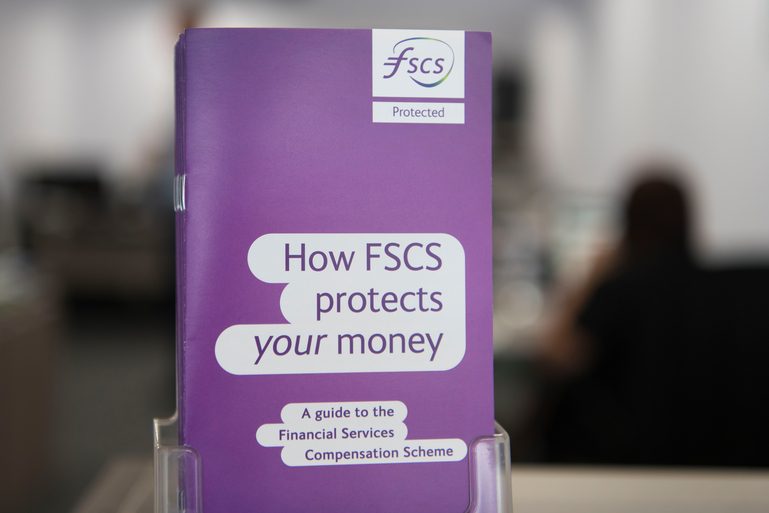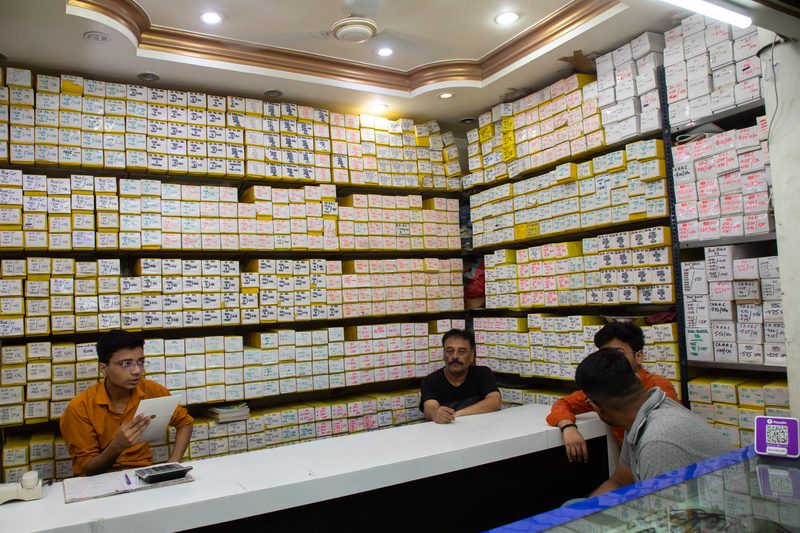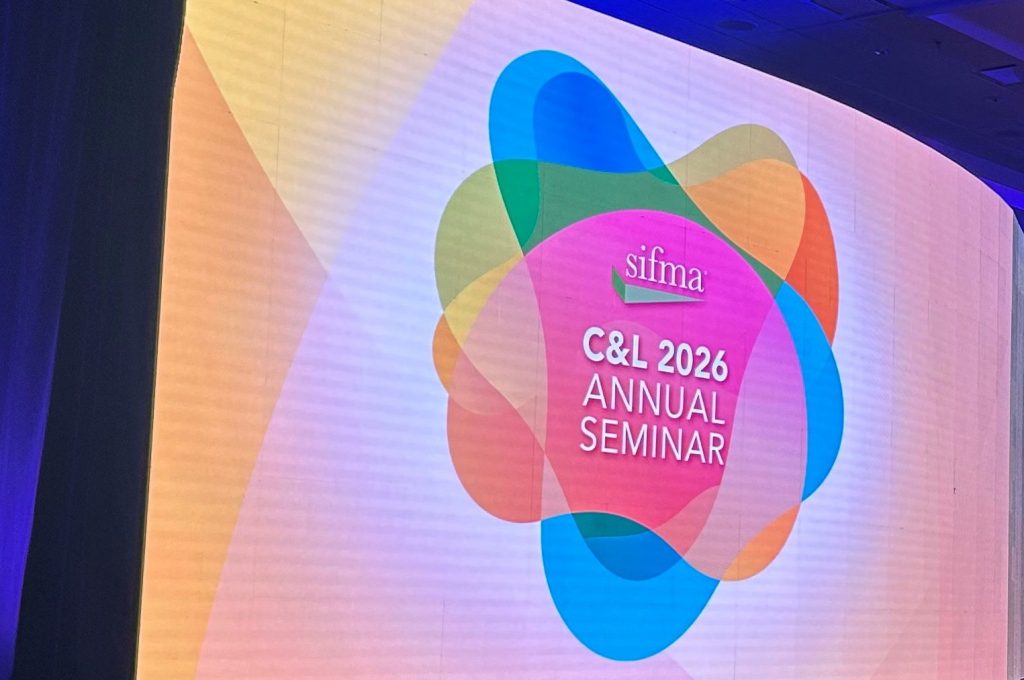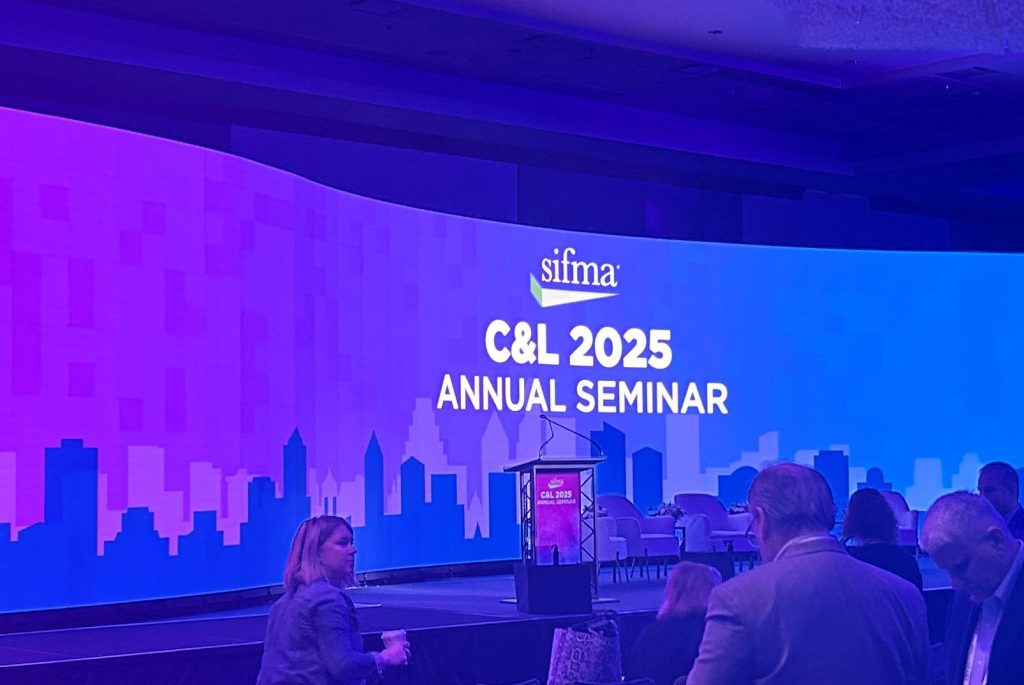Grant Richard Thomson banned five years – March 28, 2025
The Queensland-based financial adviser Grant Richard Thomson has been banned from working within financial services business for five years – with some limited permissions.
After a review, Thomson was found to be failing to provide financial advice to clients that were in the clients’ best interest, nor did he prioritize their interests. He will however be able to:
- control, alone or in concert with other entities, each of Balanced Life Financial Group Pty Ltd and Balanced Life Wealth Strategies Pty Ltd until August 31, 2025; and
- perform any function in carrying out a financial services business by the companies until September 30, 2025.
Court updates
Mansa Group director pleads guilty to criminal charges – March 27, 2025
Krishnakumar Sitaram Agrawal, current and former director of 27 companies collectively known as the Mansa Group, has pleaded guilty to criminal charges of:
- one count of using false documents to obtain a financial advantage; and
- one count (plus admitted guilt to another count) of using his director’s position to deceitfully gain advantage and cause detriment contrary to the Corporations Act.
According to the charges, Agrawal removed directors and shareholders of corporations within the Mansa Group and applied and obtained loans from third-party lenders without their knowledge, some of which he did by using false documents, and then used the loans to benefit other corporations that he controlled.
Sentence will fall later.
Travel restraint orders were made against Krishnakumar Sitaram Agrawal and Shashikumari Krishnakumar Agrawal in March 2024 in relation to ASIC’s investigation into the Mansa Group where 16 of the 27 companies were placed into voluntary administration or liquidation between June 30 and August 4, 2023.
Some 151 investors in Mansa Sons Pty Ltd, the Mansa Group treasury company, have reportedly lost almost A$34.5m ($22.5m) in the collapse.
Update on appeals concerning Sunshine Loans – March 24, 2025
The Full Federal Court of Australia has ruled in ASIC’s favour in two appeals relating to small amount lender Sunshine Loans.
The company was, in April 2024, found by the Federal Court found to have been entering into over 670,000 contracts that are not permitted by the National Credit Code. The loans were made between July 2016 and November 2020 and included an amendment or rescheduling fee – which was required over 12,000 times and meant the company received nearly A$300,000 ($193,986) from customers. Sunshine Loans appealed the decision, which has now been dismissed.
The second appeal was lodged by ASIC after Sunshine Loans had applied for his Honour Justice Derrington to recuse himself from further hearing the matter on the basis of apprehended bias, but ASIC successfully appealed that decision.
The penalty will be decided later.
ASIC news week 13
Expiring instrument for business introduction and matching services relief
After a consultation, Instrument 2022/805 ASIC Corporations (Business Introduction Services), which was used to provide conditional relief from the fundraising, financial product disclosure, hawking, and advertising requirements, expired on April 1.
The Regulatory Guide 129 Business introduction and matching services will also be withdrawn.
Remade relief instrument for 31-day notice term deposits
Following a consultation, ASIC has now remade Instrument 2025/172 ASIC Corporations (31-day Notice Term Deposits), which will give relief for 31-day notice term deposits of up to five years. It has also minor amendments to pre and post-maturity notice settings, where authorized deposit-taking institutions now have the option of combining the notices into a single combined notice.
It will also continue the relief which was previously under ASIC Class Order 14/1262, which ended on April 1.
Speech
Annual general meetings (AGMs) remain as a key accountability mechanism for corporate Australia, ASIC Commissioner Kate O’Rourke pointed out at the Australasian Investor Relations Association’s ‘Trends in AGM practice and shareholder engagement’ Conference in Sydney on March 26.

Photo: ASIC
In her speech, she addressed how AGMs are a key factor and a fundamental driver of good corporate governance, where investors can engage with directors and management, and hold companies to account.
“Where else other than the AGM are leaders of businesses required to meet stakeholders – in this case, investors – to look them in the eye, and explain what they are doing?” she asked.
O’Rourke also touched on how technology developments can affect AGMs, and to embrace those changes that make hybrid and virtual meetings possible. Which, she said, have “really democratised and improved access to meetings” and increased the numbers of participating shareholders.
“Through that lens of the medium being the message, we can really see how important AGMs are as a powerful mechanism for facilitating good governance, even as technology disrupts and redefines how we communicate.”
Commissioner O’Rourke also spoke about the updated guidance on virtual meetings from ASIC, which can be seen below.
Updated guidance on virtual meetings
ASIC’s page, FAQs: Virtual meetings for companies and registered schemes, has been updated with frequently asked questions about holding virtual meetings connected to the Government’s response to a review into the provisions of online meetings. With the guidance, ASIC is setting out its expectation that members should have equivalent opportunities to participate at meetings, and addresses:
- if virtual meetings require a phone line option;
- the use of webcasts; and
- how to notify the Commission when an entity’s constitution has been amended.
Scam alert update
ASIC has earlier warned about scammers impersonating the Commission where they are requesting payments to release funds or assets.
The authority has now released more details about the scam, and said to look out for ruses including false claims that:
- ASIC is investigating unlawful accessing of recipients’ bank account by bank employees;
- the security of recipients’ funds is compromised;
- ASIC is requesting the transfer of funds from recipients bank accounts to a ‘secure’ account as a ‘safety’ precaution; and
- that new bank accounts are ‘fully insured and created through APRA’, and more.













